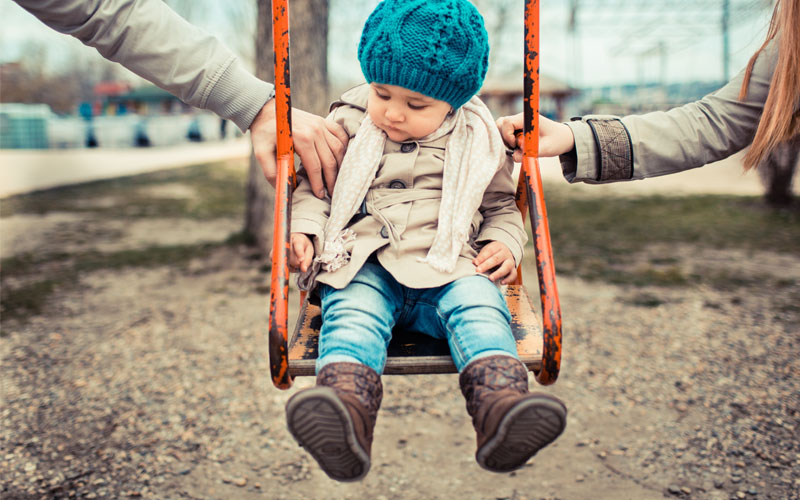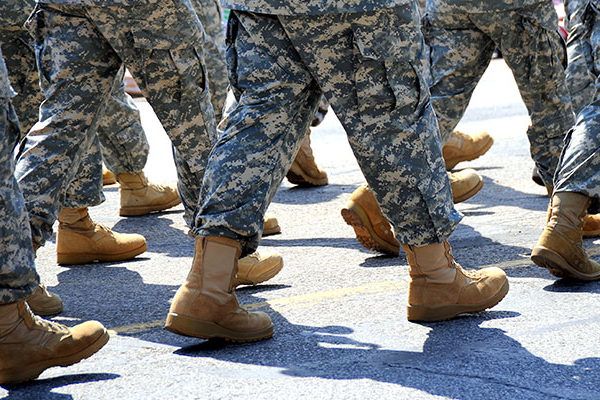
If you’re a parent facing divorce in Washington State, you have a lot of issues you’ll need to confront. These range from child custody to visitation and child support.
Washington State’s child support and parenting laws will dictate the requirements for parents of minor children going through this process.
Required Parenting Classes
Washington State requires that divorcing parents of minor children attend mandatory parenting classes before the divorce is finalized. Children may not attend these classes, and you do not have to attend with the child’s other parent.
You’ll be responsible for the fee to pay for the classes, which primarily focus on:
- Developmental stages of children
- Emotional effects of divorce on children
- How parental conduct affects children
- Strategies for effective co-parenting
- Conflict resolution and mediation between parties
Child Custody in Washington
Washington State child custody law focuses on several different aspects of custody, each of which must be resolved during the divorce process.
The Residential Schedule
The term “child custody” isn’t used by the Washington courts. Instead, the courts describe visitation and custody with the term “residential schedule,” and it dictates how much time the children will spend with each parent.
The “primary residential parent” is the parent with whom the children spend the majority of their time. The other parent is referred to as the “non- residential parent.”
Decision-Making Authority
This dictates which parent will make major decisions for the children, and it is handled separately from the residential schedule. Significant decisions (religion, healthcare, schooling) are decided by the parent that has the decision-making authority as laid out in the approved parenting plan. Day-to-day and emergency decisions can be made by whomever the child is residing with at the time.
Parenting Plans
Washington State family law courts make decisions based on the best interests of the child. If you and your spouse have minor children, the courts will not finalize your divorce until you have a parenting plan in place.
If you and your spouse are not able to agree on the terms in your parenting plan or reach an agreement through mediation or your attorneys, then you will need to go to trial and the judge will make the decision for you.
Washington parenting plans can be incredibly detailed. Some of the things that they cover include:
- Residential Schedule (aka child custody) – which parent the children will live with and how much time the children will spend with each parent.
- Visitation – a detailed schedule for weekends, birthdays, vacations, and holidays with both parents as well as provisions for access by the other parent.
- Childcare – where children will receive childcare services as well as the payment for those services.
- School – which school children will attend and who will make primary decisions regarding school matters.
- Healthcare – which parent will be responsible for health insurance coverage as well as making healthcare decisions for minor children.
- Disputes and changes – how any disputes will be handled as well as any potential changes to the parenting plan in the future.
Once approved by the court, your parenting plan becomes a court order. Unfortunately, these plans are sometimes violated, and you have the right to seek relief through the family law courts.
Consult a Family Law Attorney
If you have minor children and are seeking a divorce in Washington State, there’s a lot at stake. The experienced family law attorneys at Steller Legal Group can advocate for your rights and help protect your financial future.
Contact our office today to schedule your free consultation.







levitra brand online
buy cialis online without prescription